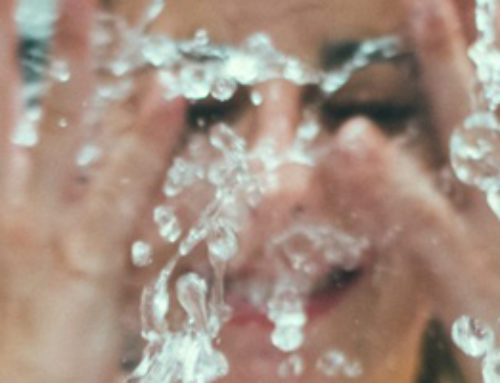I just watched a highly entertaining talk by the brilliant Aubrey De Grey on the possibility of significantly extending human lifespan (we are talking about hundreds of years!) and that this is actually not an unlikely concept even in people of our generation. This is of course an extremely fascinating theory and what is reassuring is that Aubrey is actually an acclaimed anti-ageing researcher and scientist at Cambridge University.
What he says is basically that in the future we will be able to gradually extend our life span more and more and eventually even be able to turn back the clock, rather than simply stopping it. The key is that the gradual extension of life span is not a linear development, but is in fact exponential. So the rather slow appearing increase of human life span at the moment (of one to two years per decade), will in fact speed up significantly in the future, as rejuvenation medicine technologies evolve and the rate of improvements increase. He calls his theory “longevity escape velocity”. And this speeding up of development might in fact happen to such an extent that he thinks that the first 1000-year-old human being will only be around 10 years younger than the first 150-year-old human being.
But lets talk first about why we age in the first place. Well, as he wittily puts it, ageing is “a side effect of being alive” and that is very true, as cell ageing is a consequence of cell metabolism. Our cells’ metabolism causes ongoing damage by mechanisms such as DNA damage, protein cross-links, mitochondrial damage etc. etc. That is also the case for our skin cells by the way.
So until those fundamental breakthroughs in technology which will allow us to delay the ageing process “beyond our warranty period” and postpone the onset of age related illnesses, have evolved far enough, we simply have to live as ‘good’ a life as possible I suppose – experts in rejuvenation medicine believe that only around 10% of ageing is down to our genes, and 90% is down to lifestyle. This again is matched by observations in Dermatology, as we know that the visible signs of skin ageing are up to 90% down to sun exposure and other environmental factors such as smoking, but only around 10% down to our genes.




